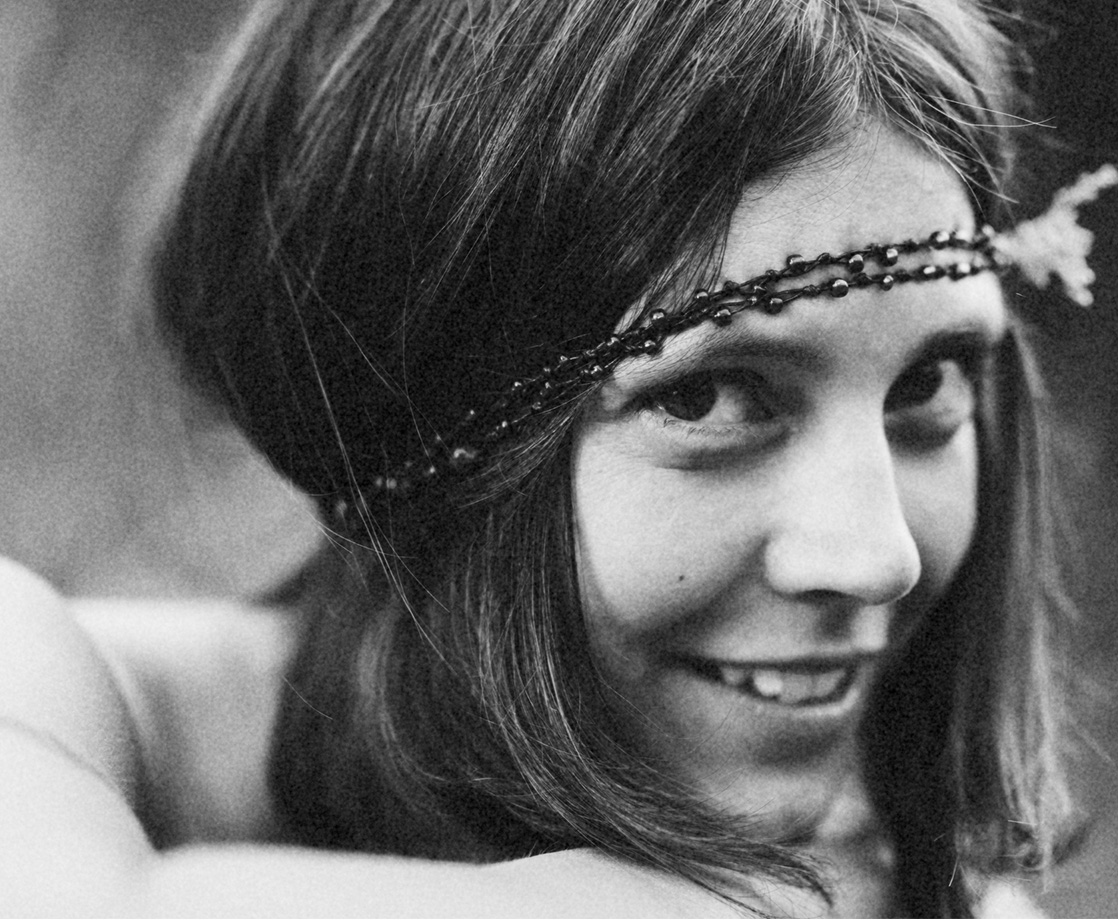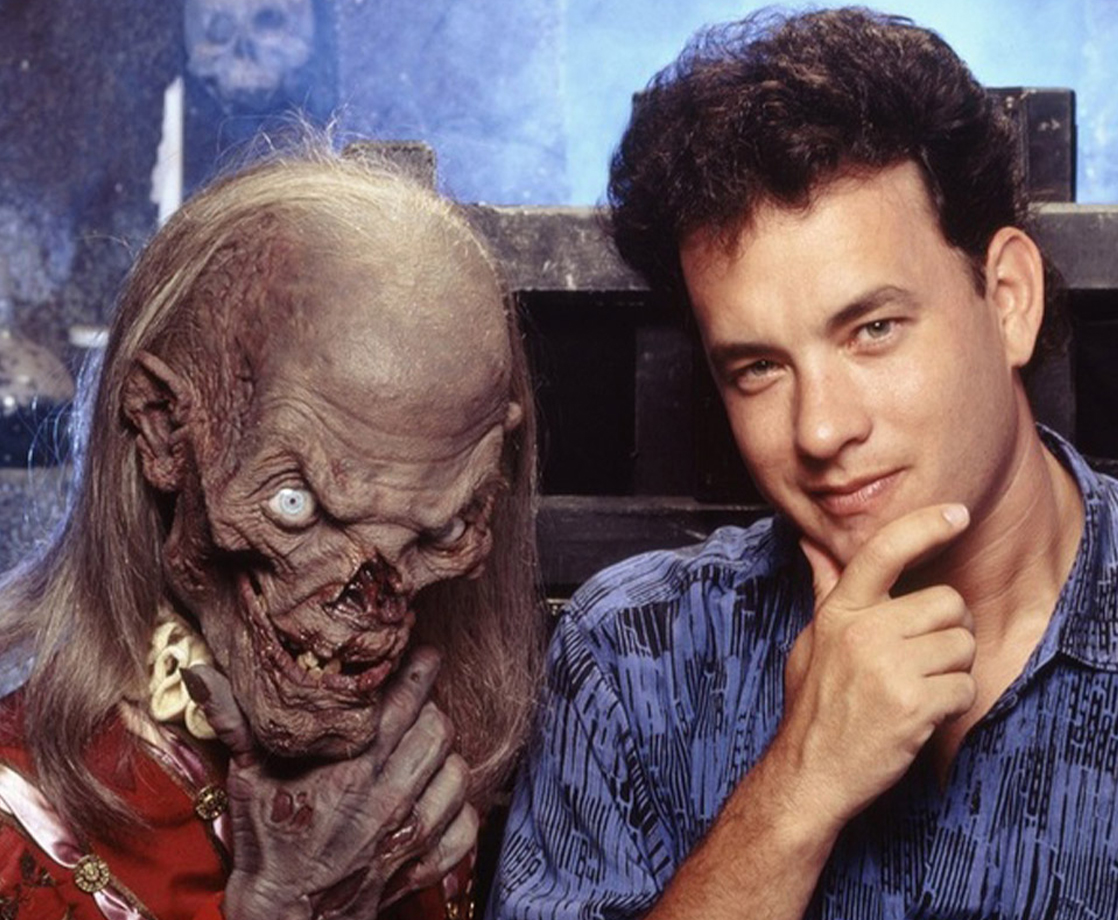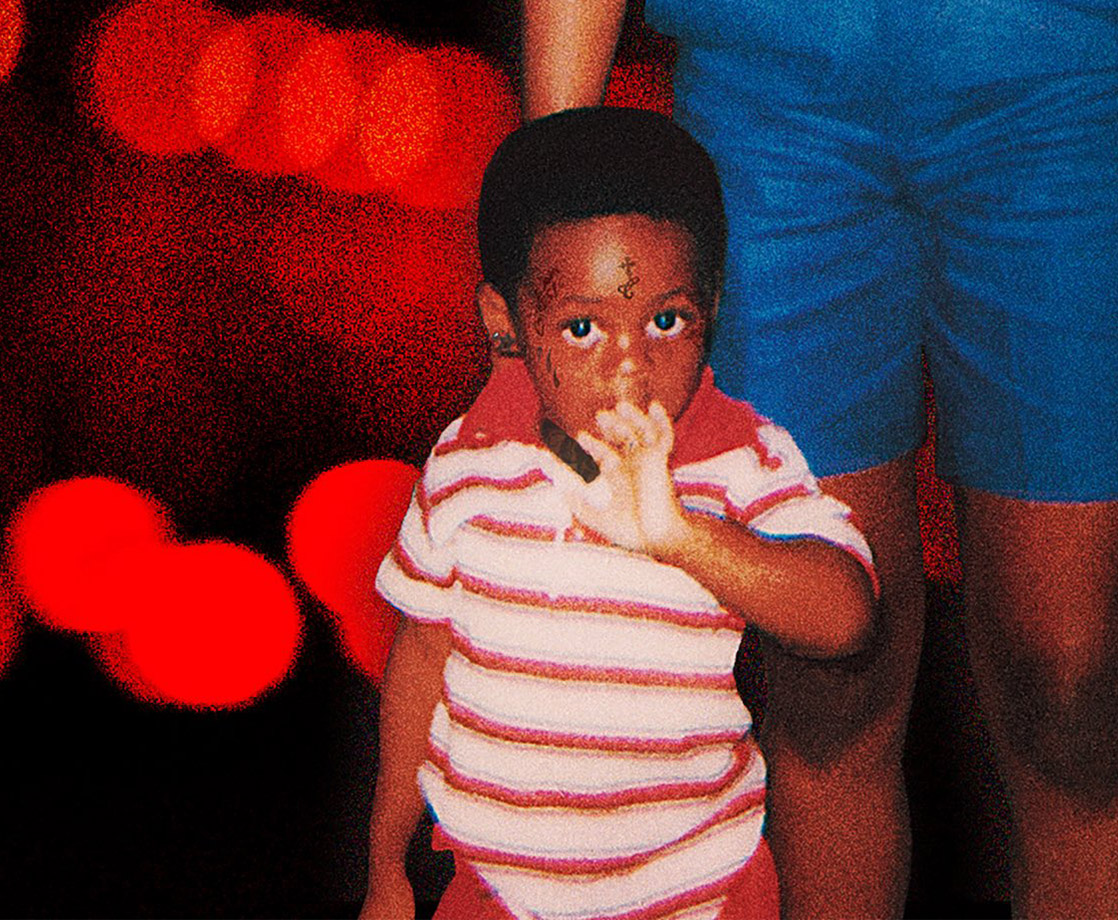Lead image via iStock Photo
The Summer of Love is celebrating its 50th anniversary this year, and looking back we can see the monumental impact that the era had on the present. From the drugs and civil unrest that invaded the mainstream, to hippie idealism and the blossoming counterculture that infected the national zeitgeist, the ‘60s were full of sea changes that we’re still feeling today. While each year came with its own iconic moments, 1967, in specific, felt like a windfall of evolution and revolution.
In a new book, In Search of the Lost Chord: 1967 and the Hippie Idea, out June 6 on Akashic Books, celebrated record executive Danny Goldberg explains why the legacy of 1967 lives on. Explored in a history format, with interviews with notorious figures like Allen Ginsberg, Timothy Leary, and Gil Scott-Heron, Goldberg breaks down landmark moments including the Charles Manson murders, the rise of the Black Power movement, and the widespread use of LSD to provide an uncompromising look at what made the year so influential. With chapters like “Flower Power,” “You Say You Want a Revolution,” and “Death of Hippie,” the text delves into anecdotes from Goldberg’s own life to give the history a personal, almost memoir-like feel.
MERRY JANE caught up with the author over the phone to chat about the new book. In our conversation, we discussed everything from how the seeds of marijuana legalization were sown in the '60s, to why his generation had a feeling of self-importance that almost bordered on narcissism. And while In Search of the Chord offers an in-depth look at 1967, Goldberg made it clear that it’s a personalized history and not a complete documentation. In his words, “Nobody has a monopoly on the truth of what happened in the ‘60s.”
This interview has been edited for length and clarity.

MERRY JANE: What led you to writing a book about the ideals of the hippies and their vast impact on American society?
Danny Goldberg: I graduated from high school in 1967 and was very much influenced by that culture. It formed a lot of my personality to this day. I’ve always been troubled by a lot of the history that survived — whether you see it on CNN or the History Channel — because it focuses so much on the protests, the anger, and the death. Those things were part of what went on, I don’t hide from any of that in the book, but it was also a time when there was tremendous optimism and idealism. To me, 1967 was the peak.
What changed after 1967?
By 1968, you had the assassinations of Dr. King and Robert Kennedy, the protest outside the Democratic convention, and even the drugs were getting worse. You had a prevalence of heroin and speed in a lot of the neighborhoods where psychedelics had been the main thing a year or two before. There was this brief window in history where a certain percentage of my generation really had this kind of utopia idealistic feeling that was primarily a spiritual movement in the context of a lot of political upheaval. That was influenced by psychedelics that were made illegal in 1966 and therefore became widely available. It always seems that when you make something illegal, it becomes easier to get. Part of [the zeitgeist] was just a response to the rhythms of America. The great prosperity coming out of World War II had led to a kind of materialism where materialism was really the main religion of America — a lot of young people didn’t want to define themselves by their external accomplishments or by how much money they made. They were looking for something else. With the 50th anniversary of 1967 being this year, I saw this as my chance to document what happened in the 60s — the stuff that personally affected me.
As your books states, hippies are credited with bringing a lot of things to the mainstream, such as environmental awareness, yoga, meditation, and organic food. Given the climate today, do you think the hippies sparked our changing attitudes towards marijuana?
I think marijuana and its acceptance now by a majority of Americans is a reverberation from the ‘60s, for sure. So is the prevalence of yoga and vegetarianism and green-ism and the interest in alternative medicine. The cultural footprints are easier to put your hands on. The political ones are more of a mixed bag. But the growing decriminalization and legalization of marijuana is directly related to that popularity that started 50 years ago.
In your opinion, without the mind expanding properties of LSD, do you think we would have some of the innovations we take for granted today, from smartphones to the internet?
There’s a lot of history of that suggests the early pioneers of Silicon Valley, including Steve Jobs, took LSD and were very influenced by ‘60s culture. I think the reason he named his company Apple was because the Beatles' label was called Apple. The ideas of open source technology and the tech community at large were created by people in Northern California, which is where the hippie movement started. It definitely transmuted as it became a big business and millions of dollars were involved. You get investment bankers and libertarians and all sorts of other people in the mix, but the origins were very much related to hippie culture. I don’t think there’s any question about it.
You graduated in 1967, the Summer of Love. At the time, did you or your peers have any inklings that it was going to be this monumental and iconic era?
We had a sense of self-importance that was somewhat self-delusional. There was this feeling like, “Oh, we’re going to change the world,” and superficial things like guys having long hair. That seemed to be so important and the way music spread all over the world gave us a feeling of being omnipresent. It was both a blessing and a curse to the people in the counterculture from the ‘60s. But I don’t think the ability to look into the future was there. Like a lot of young people, I was only looking maybe a week or a month in advance. It never even occurred to me that I would be alive 50 years later.
There was a sense of self-important, or what some would call a narcissism, about our culture. It had to do with the size of the generation and the way that television and mass media works. Magazines were so important in those days. They seemed to be so interested in everything that young people were doing because then, just like now, the media is run off advertising and advertising wanted the young people. In some ways, it’s surprising that the culture lasted, but there was a big sense of self-importance that was there.
"I don’t think the ability to look into the future was there. Like a lot of young people, I was only looking maybe a week or a month in advance. It never even occurred to me that I would be alive 50 years later."
Did you originally try and write a memoir before the book turned into something else?
I already wrote a memoir about my life in the rock business called Bumping Into Geniuses: My Life Inside the Rock and Roll Business. It came out in 2009 and was about Led Zeppelin and Nirvana and the other bands I was lucky enough to work with. For this book, I really wanted to do a history of 1967. My editor encouraged me to put myself into it more because it’s subjective — there’s no one objective view of that year. There were so many things happening. Nobody has a monopoly on the truth of what happened in the ‘60s.
I was also lucky enough to know some pretty interesting people in high school. Gil Scott-Heron, one of the forerunners of hip-hop, was a classmate of mine. We were in high school together. I thought including a few other voices from that time in the book would give it a different view. I was a kid back then, I wasn’t doing interesting things myself at the time. The book is a history, and 90 percent is based on research, interviews, and analysis of big moments and figures like Muhammad Ali, Allen Ginsberg, Martin Luther King, San Francisco rock groups, and Ken Kesey introducing psychedelics to the world. I’m just sort of a wide-eyed kid taking it all in.
How did the energy and aspirations of the counterculture intertwine with protest and reform? And are we seeing similar stuff going on today?
I didn’t vote for Donald Trump and I’m not happy with what he’s done so far. I’m a left-of-center democrat. I voted for Bernie Sanders in the primaries and Hillary in the general. I’m very, very disturbed by a lot of things that are happening today. The way immigrants are being treated, the way climate change is being ignored, among other happenings. But it’s really not rational to act like this is the first bad president we’ve had. This is a country that had slavery; this is a country where women couldn’t vote until the 1920s. We had a war in Vietnam that killed millions of Asians and 56,000 Americans and there’s no one who’s ever explained how it had any relevance to American interests. It was a terrible, terrible mistake.
Dr. King had to face a level of hostility that we don't have to face today. He had the Black Power movement criticizing him. He had the mainstream civil rights organizations furious at him. We had J. Edgar Hoover, who no matter what you think of the recent FBI directors and their mistakes, was viciously attacking anyone who questioned the American government or political power structure. There have been other dark times, we’ve had it way worse, and it’s useful to get inspired by people who’ve been through these times. I get inspired by people from people in the ‘60s. During very difficult times, they viewed the future with optimism and tried to make things a little bit better.
Follow Seth on Twitter
"In Search of the Lost Chord" is out June 6th. Order it here.











